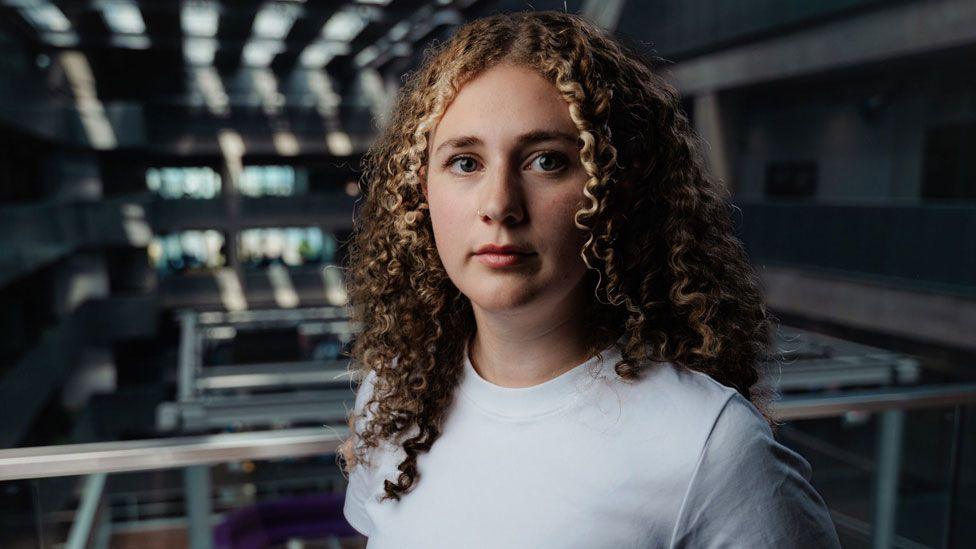'Dyslexia brings more possibilities than most imagine'
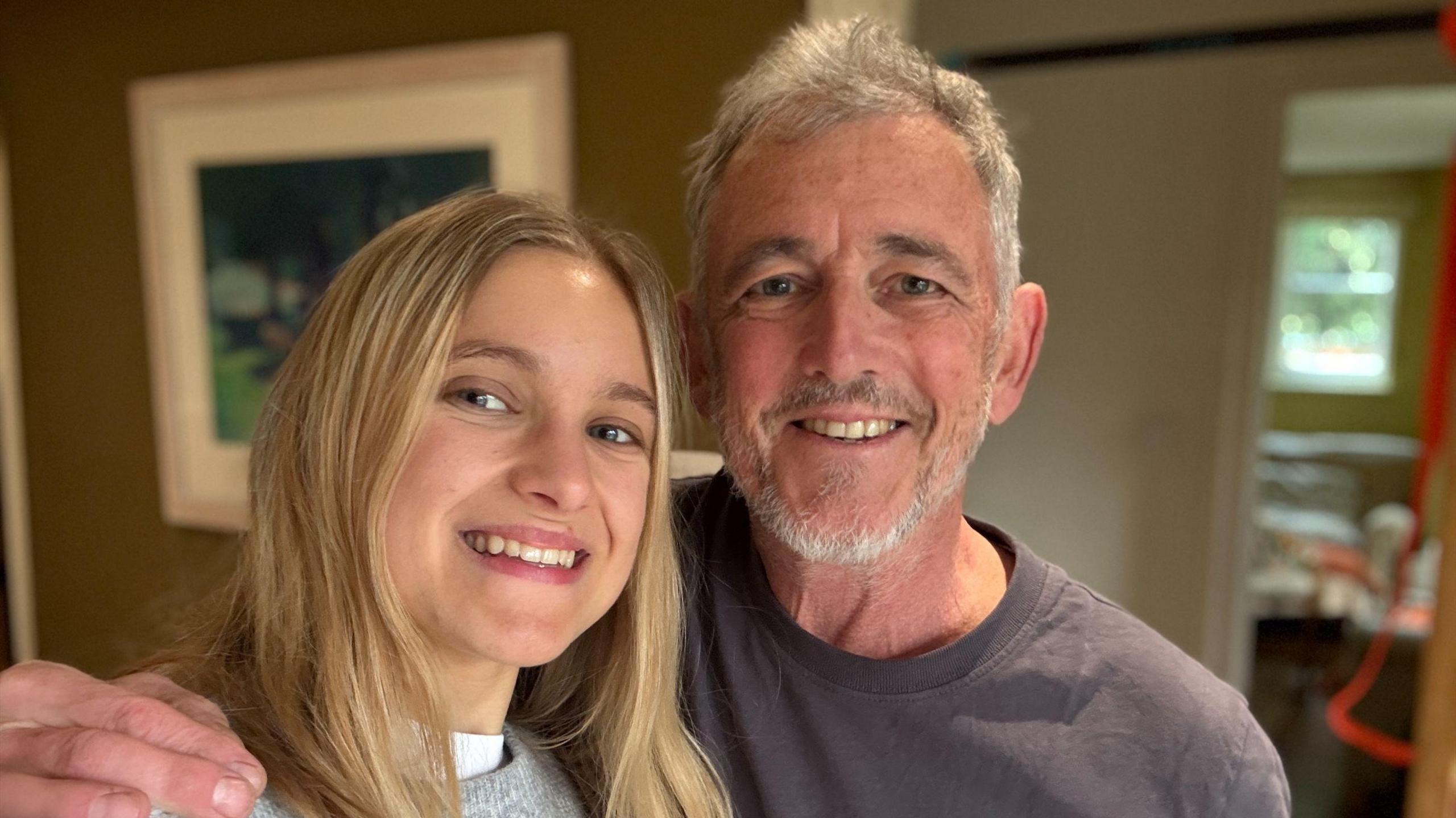
Mike Calnan is encouraging his daughter, who also has dyslexia, to "celebrate the positives and nurture them"
- Published
A father who was branded "thick" and a "dunce" at school because of his dyslexia said his condition brings "more possibilities than most people can imagine".
Mike Calnan, 70, from Stroud in Gloucestershire, said there had been no support for children who had the condition when he attended school in the 1960s.
He is now encouraging his daughter Flossy, who also has the condition, to embrace its positives including heightened creativity, problem-solving and visual abilities.
Gloucestershire Dyslexia Association said it was important to harness and nurture "the superpowers" dyslexic people had "so they don't feel like failures".
The NHS estimates up to one in 10 people in the UK have have some degree of the learning difficulty, which causes problems with reading, writing and spelling.
But Mr Calnan said "there was no name for dyslexia" when he was young and diagnoses were rare.
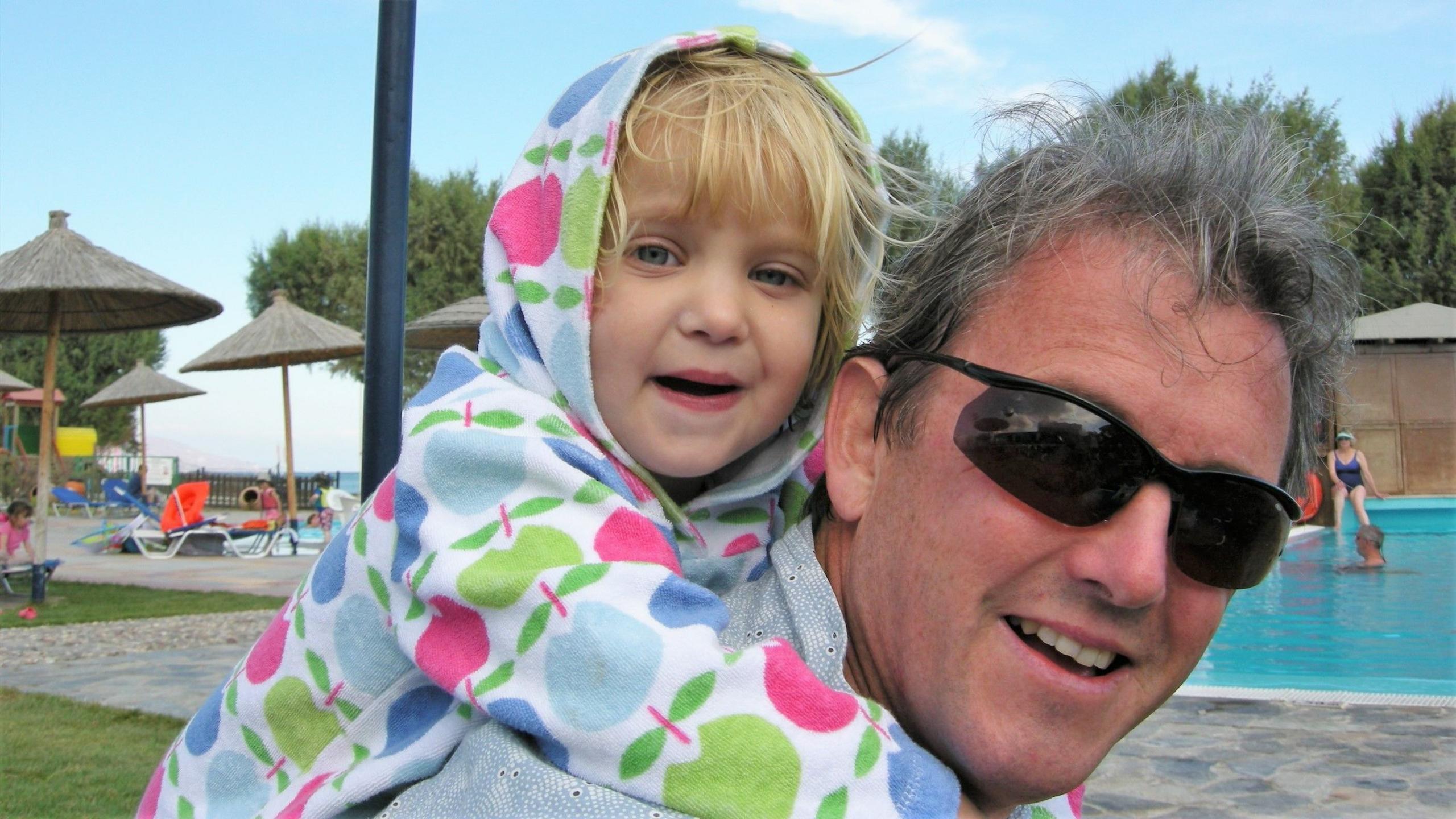
Mr Calnan said his dyslexia had affected how teachers treated him at school in the 1960s
"The only thing that the teachers did recognise was whether you were able or not to keep up with the rest of the class," he said.
"If you weren't, you were branded a 'dunce' or 'thick'. Those were terms said to me."
As he grew older, increased research and awareness meant Mr Calnan eventually "realised how [his] brain works" and found it to be a "wonderful thing".
"I find it incredibly helpful and very enjoyable," he said. "It brings more possibilities than most people imagine and it's hard to explain."
Mr Calnan gave an example of recalling memories in 3D, like a "moving technicolour film of things I'd seen decades ago".
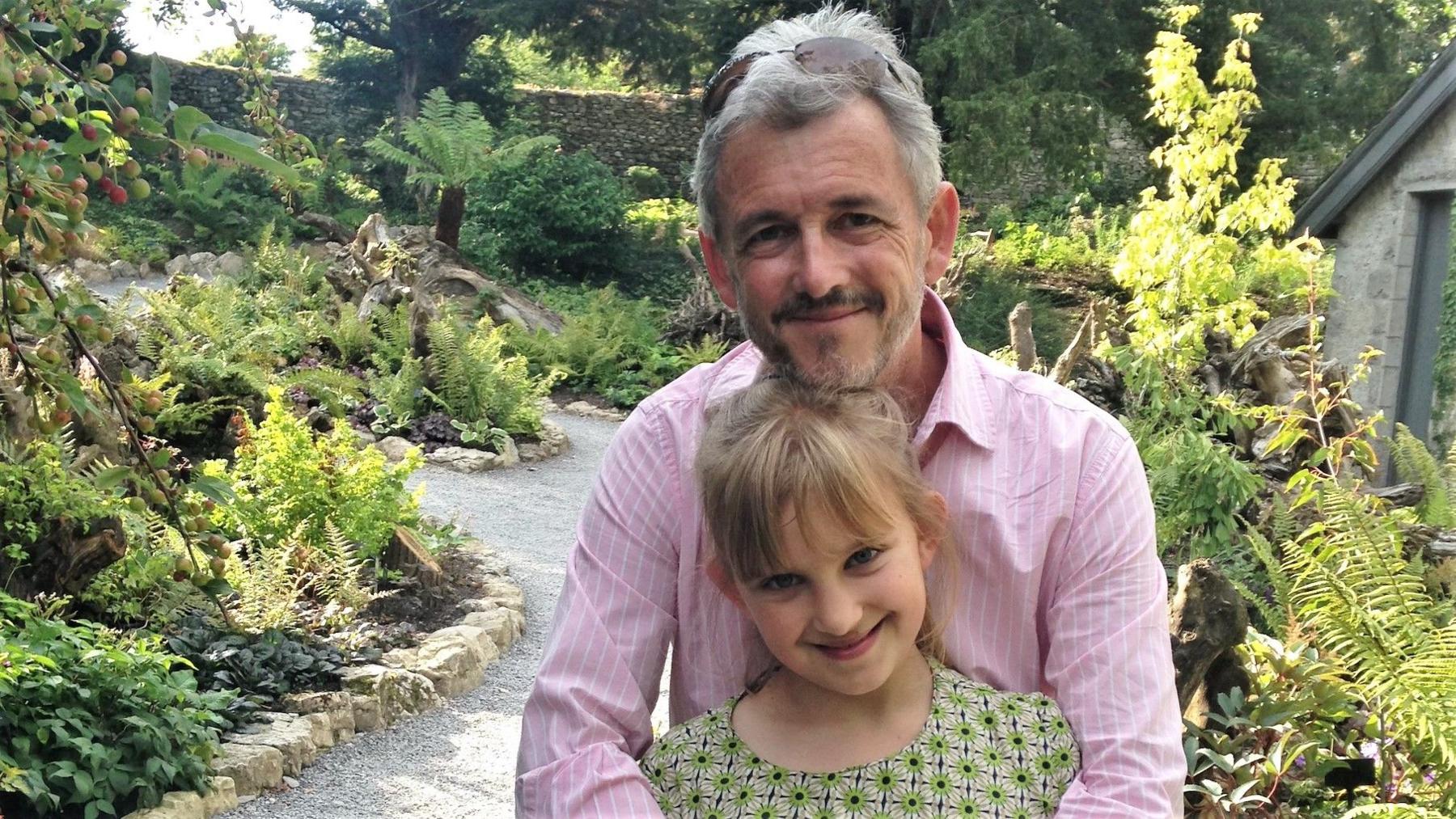
Flossy Calnan was diagnosed with dyslexia during her GCSE exams, aged 15
His daughter Flossy said she felt "lucky" to grow up in a generation where she was allowed extra time in exams and lenience with spelling errors.
"Now I think dyslexia is starting to come into a positive light. It makes me really creative and kind of gives you out-of-the-box thinking," she said.
"I might come at something from a different angle, but not many people may have considered that it may actually be the best way round to solving this problem."
However, Ms Calnan found being pigeonholed into a "bottom maths set" at school knocked her confidence - even after scoring 82% on a test, higher than most in the top set.
"Despite having the option to move up, I put myself in the bottom set because being dyslexic and growing up with that, that kind of felt like where I belonged," she said.
Claire Penketh, who chairs the Gloucestershire Dyslexia Association, agreed despite its perks, living with a neurodiverse condition "comes with its challenges".
The charity, which has been running for 50 years, raises money for schools to provide dyslexic students with special educational needs and disabilities provision.
"It's about finding the superpowers that dyslexics have and bringing those out, and giving them more self esteem so they don't feel like they're failures," she added.
Get in touch
Tell us which stories we should cover in Gloucestershire
Follow BBC Gloucestershire on Facebook, external, X, external and Instagram, external. Send your story ideas to us on email or via WhatsApp on 0800 313 4630.
Related topics
- Published13 June
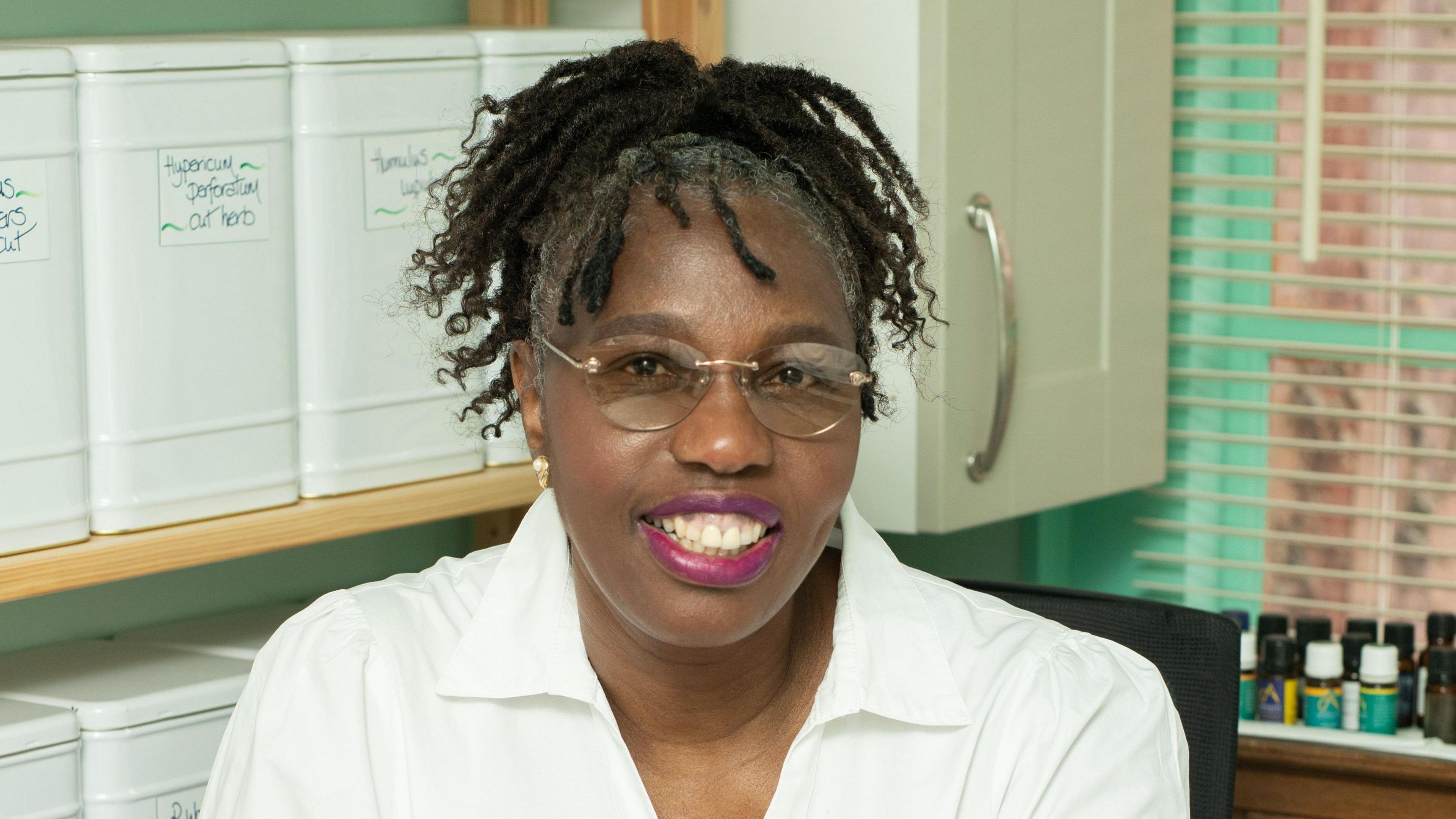
- Published1 July
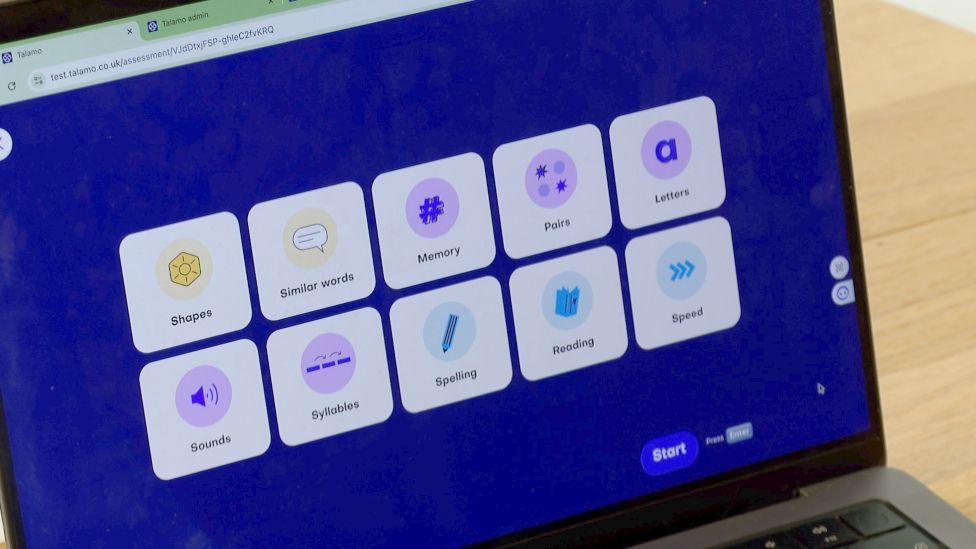
- Published26 August 2024
